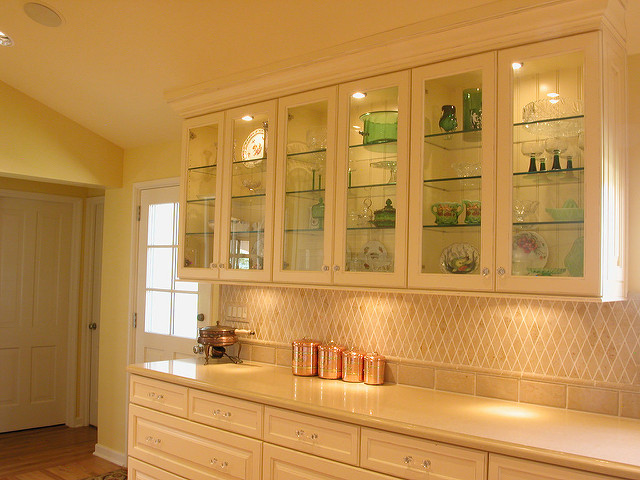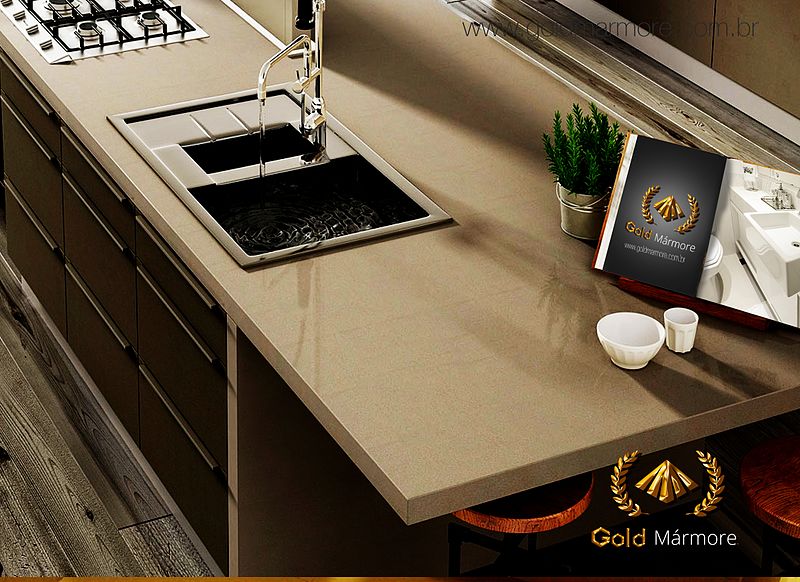Difference Between Caesarstone and Silestone
Key Difference – Caesarstone vs Silestone
Caesarstone and Silestone are two well-known brands of quartz countertops. Both of these brands are engineered quartz – a manmade product that uses a mixture of natural quartz and resins, which are primarily used to design countertops. Engineered quartz is much more resistant to heat, stains, cracks, and scratches than any other engineered stones. That is why Caesarstone and Silestone are more commonly used than marble or granite countertops. The key difference between Caesarstone and Silestone is the availability of choice – Caesarstone offers more options in finishing and edging whereas Silestone offers a wide choice of colors.
What is Caesarstone?
Caesarstone is an engineered quartz surface that is produced by Caesarstone Ltd. which was founded in 1987 and is headquartered in Kibbutz Sdot Yam in Israel. Caesarstone products are sold in about nearly 50 countries in the world.
Caesarstone surfaces have at least 93% of quartz content. They are durable, scratch and stain resistant, easy to install, care and maintain. Caesarstone has a rating of 7 on the Mohs Hardness Scale.
When compared to Silestone, one of its main competitors, Caesarstone offers more variety in terms of finishing, edge profiling and edging selection, but it does not have a wide choice of colors.
Caesarstone can be bought for about $60 to $80 per square foot (2016). The price of this product is high compared to similar products since it is imported. But, Caesarstone counters are offered a lifetime warranty.

What is Silestone?
Silestone is an engineered quartz product that is manufactured by the Cosentino Group. Silestone, which was originally created in 1990, is the most well-known product in this company. Silestone is hard, resilient and resistant to stains. It offers a wide variety of color choices since it is available in more than 90 colors and textures.
Silestone surfaces are manufactured with at least 90% quartz. According to the Mohs Hardness Scale, it has the rating of 10, which indicates that it is extremely hard and durable.
Silestone products may range from $50 to $70 per square foot (2016). It often offers a 10-year warranty on its product; in some regions, a 15-year warranty may also be available.

What is the difference between Caesarstone and Silestone?
Company:
Caesarstone: Caesarstone is produced by Caesarstone Ltd.
Silestone: Silestone is produced by Cosentino Group.
Natural Quartz Content:
Caesarstone: Caesarstone has at least 93% natural quartz.
Silestone: Silestone has at least 90% natural quartz.
Selection:
Caesarstone: Caesarstone offers a wide range of finishing, edge profiling and edging selection.
Silestone: Silestone offers a wide range of colors.
Ratings:
Caesarstone: Caesarstone has a rating of 7 on the Mohs Hardness Scale.
Silestone: Silestone has a rating of 10 on the Mohs Hardness Scale.
Prices:
Caesarstone: Caesarstone products may range from $60 to $80 per square foot (2016).
Silestone: Silestone products may range from $50 to $70 per square foot (2016).
Warranty:
Caesarstone: Caesarstone offers a lifetime warranty on its products.
Silestone: Silestone often offers a 10-year warranty on its product.
Image Courtesy:
“French Country Kitchen” by Nancy Hugo, CKD (CC BY-ND 2.0) via Flickr
“Silestone Pia Gold Marmore” By Icaro Gold Mármore – Own work (CC BY-SA 4.0) via Commons Wikimedia
ncG1vNJzZmivp6x7pbXFn5yrnZ6YsqOx07CcnqZemLyue8OinZ%2Bdopq7pLGMm5ytr5Wau26vwJ6qmqqjqbyvsYyapZ1lpqh6tLXLnqqtp56afA%3D%3D